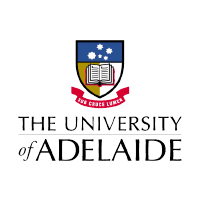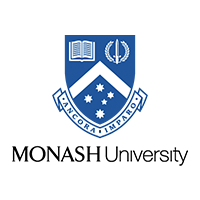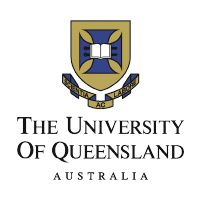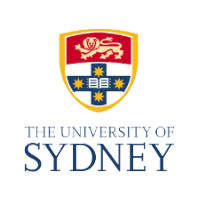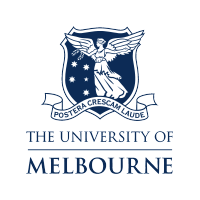Curriculum
Data Management and Statistical Computing (DMC)
The aim of this unit is to provide students with the knowledge and skills required to undertake moderate to high level data manipulation and management in preparation for statistical analysis of data typically arising in health and medical research. Specific objectives are for students to: • Gain experience in data manipulation and management using two major statistical software packages (Stata and R) • Learn how to display and summarise data using statistical software • Become familiar with the checking and cleaning of data • Learn how to link files through use of unique and non-unique identifiers • Acquire fundamental programming skills for efficient use of software packages • Learn key principles regarding confidentiality and privacy in data storage, management and analysis
COORDINATORS:

Dr Shenal Dedduwakumara
University of Adelaide, School of Public Health Semester 1

Dr Louise Marquart-Wilson
The University of Queensland, School of Public Health Semester 2
General outline
Prerequisites
None
Time commitment
8-12 hours total study time per week
Semester availability
Semester 1 & 2
Assessment
Three written assignments worth 30%, 35% and 35%
Recommended Texts
If you have not used R or Stata previously, it is recommended that you have access to the text for the relevant software.
Hadley Wickham and Garrett Grolemund, R for Data Science: Import, Tidy, Transform, Visualize, and Model Data. O’Reilly Media, 2017.
Svend Juul and Morten Frydenberg. An Introduction to Stata for Health Researchers. Stata Press 2014
Special Computer Requirements
R and Stata software; RStudio is also strongly recommended.Content
The topics covered are:
- Module 1 – Stata and R: The basics (importing and exporting data, recoding data, formatting data, labelling variable names and data values; using dates, data display and summary presentation, and creating programs)
- Module 2 – Stata and R: graphs, data management and statistical quality assurance methods (including advanced graphics to produce publication-quality graphs)
- Module 3 – Data management using Stata and R (using functions to generate new variables, appending, merging, transposing longitudinal data; programming skills for efficient and reproducible use of these packages, including loops and arguments
Resources
Course notes, online mini-lecture videos, online tutorials, discussion board
